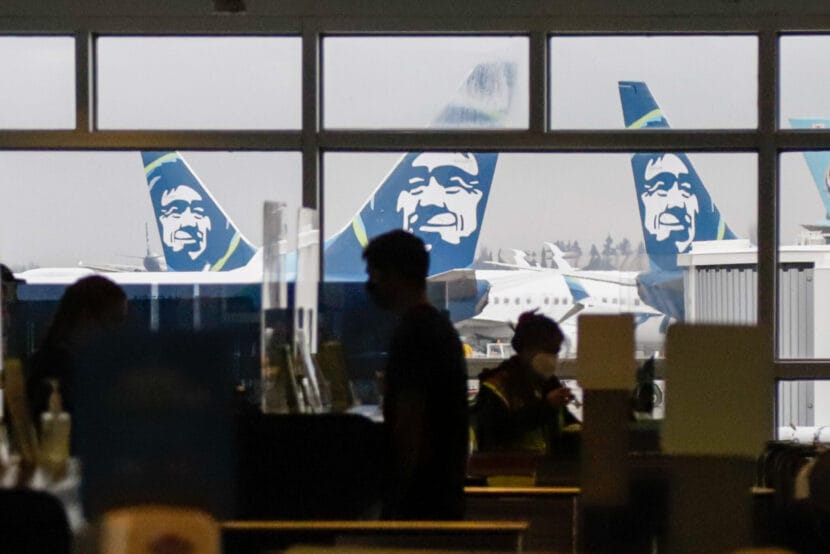
The City and Borough of Juneau is warning of a potential measles exposure at Seattle–Tacoma International Airport. The case was reported earlier this month and could impact Southeast Alaska residents.
According to an alert shared on Friday, an unvaccinated adult experiencing symptoms of the viral infection was traveling through the airport on Jan.10. The infected person flew from Seattle to Anchorage during the afternoon and evening around the same time multiple flights were leaving for Southeast Alaska.
The person is a Kenai Peninsula resident and was heading home after traveling overseas. They received hospital care in Homer.
Measles is a highly contagious disease that can spread through the air or by direct contact, according to the Centers for Disease Control and Prevention. It can be especially dangerous for young children and undervaccinated communities.
The Alaska Department of Health confirmed the case last week. State Epidemiologist Joe McLaughlin said in an interview that the measles, mumps and rubella vaccine can significantly lower the risk of contracting the virus.
“The measles component of that vaccine is one of the most effective vaccines on the planet. It’s about 97% effective at preventing measles,” McLaughlin said.
The vaccination rate for kindergarteners in Southeast Alaska was roughly 65% last year. That’s significantly lower than the national average, which is 93%. Both the state and national averages have been dropping since the pandemic.
McLaughlin encourages people who traveled during the same timeframe as the infected individual to reach out to their health care provider by phone if they begin experiencing symptoms. Those can include a fever, runny nose, cough, red eyes, sore throat and a rash.
He said the state hasn’t confirmed any other Alaska cases yet, but noted that the incubation period can last up to 21 days after initial exposure.
“We still have a little ways to wait to see if we’re going to see any secondary transmission or secondary cases as a result of exposure to this person who was infected,” he said.
The World Health Organization declared measles had been eliminated in the U.S. in 2000, but the CDC warned last year that a recent spike in cases threatened to reverse that status. In Alaska, measles outbreaks are relatively rare. This is the first confirmed case in the state since 2019.